

Participation of Non-governmental Organizations
There is maximum co-operation between the District Assembly and), Non-Governmental Organization (NGOs) operating in the District. The relationship however falls short of co-ordination by the District Assembly which is the planning authority. The CBOs/CSOs/NGOs operating within the District either do so out of their own volition or unilaterally choose their locality for intervention or in response to request from a community.
Consequently, although an activity of CBO/CSO/NGO may benefit a community, it may not guarantee a District wide benefit. Linked closely to the problem is the issue of sustainability of programmes, projects and facilities.
In the light of the above, co-ordination of efforts of CBOs/CSOs/NGOs should be preferred to a relationship of mere co-operation between the Assembly and CBOs/CSOs/NGOs. An intense pursuit of control and co-ordination of all activities in the District should be encouraged.
In order to achieve efficiency in co-ordination there is the need to sensitize all stakeholders especially Heads of Departments, Institutions and Organizations. To be able to do this, the capacity of Assembly staff especially the DPCU, has to be strengthened in terms of skills and number of staff. Agencies which provide services to the District from out of Nyinahin (The Natural Resource Conservation Department, Department of Feeder Roads and among others) should be made to locate within the District since the present arrangement reduces efficiency and prompt response to development needs of the Assembly. Table 1.14 presents list of CBOs, CSOs and NGOs that operated in the District from currently.
In the preparing the DMTDP, the DPCU made of community action plans prepared for about 43 communities in the district. These plans were incorporated into the district medium term development.
Date Created : 12/17/2018 4:24:32 AM



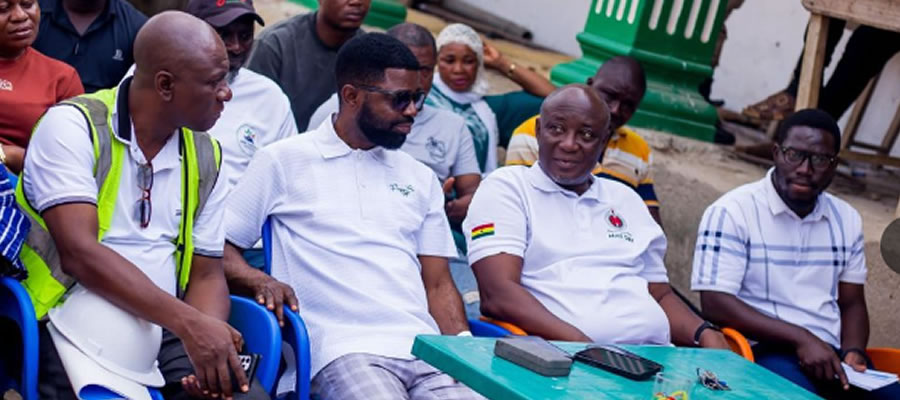
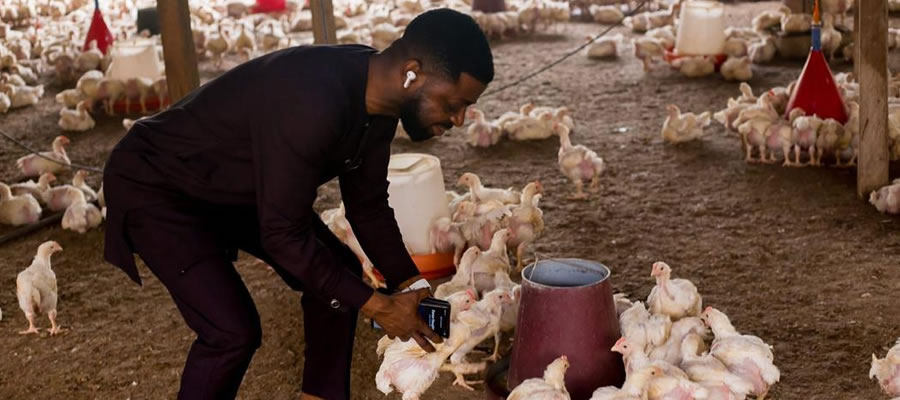
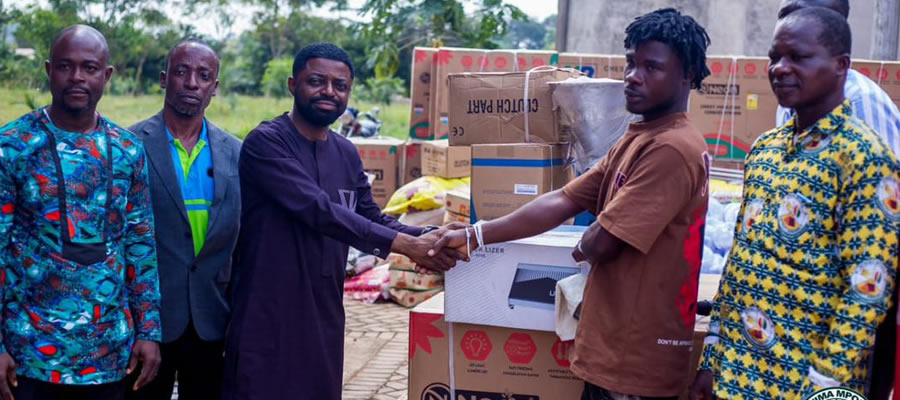

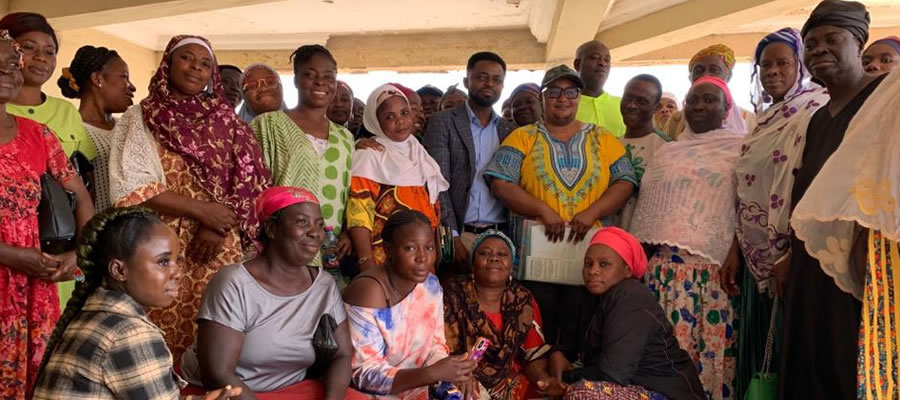
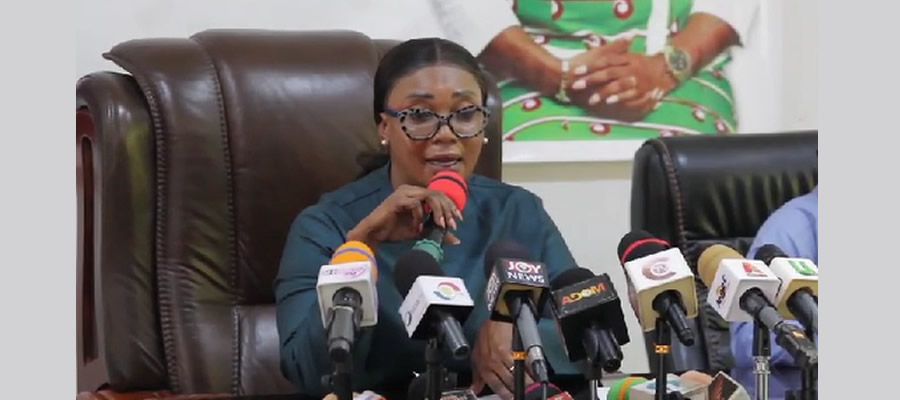
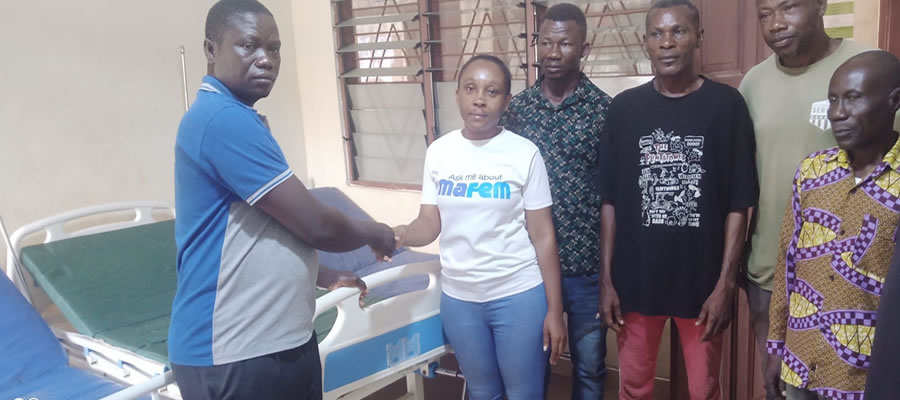



 facebook
facebook
 X
X
 Youtube
Youtube
 instagram
instagram
 +233 593 831 280
+233 593 831 280 0800 430 430
0800 430 430 GPS: GE-231-4383
GPS: GE-231-4383 info@ghanadistricts.com
info@ghanadistricts.com Box GP1044, Accra, Ghana
Box GP1044, Accra, Ghana